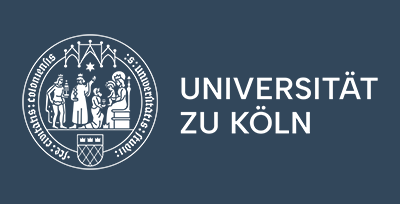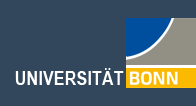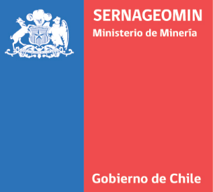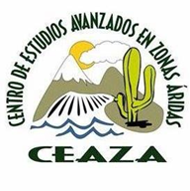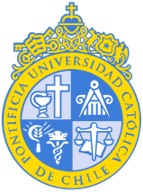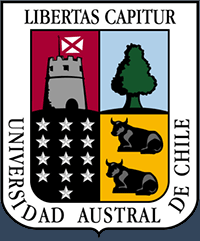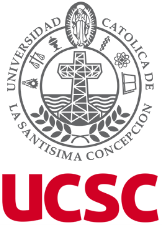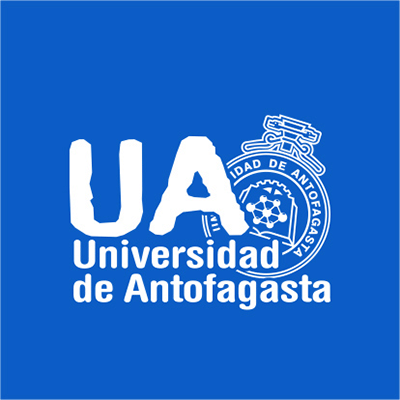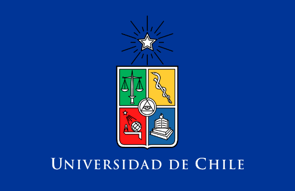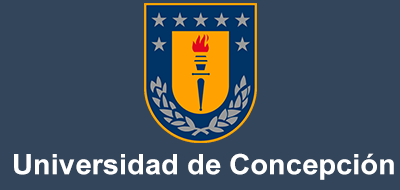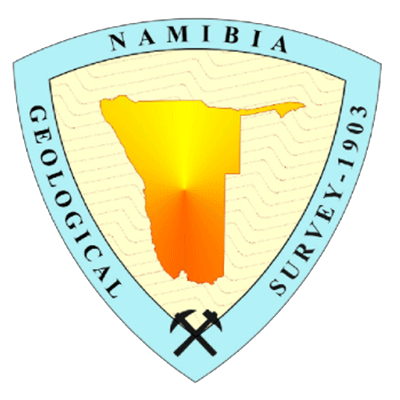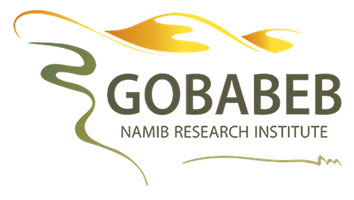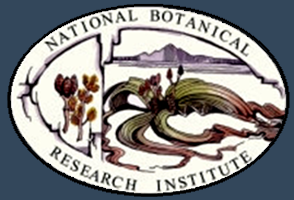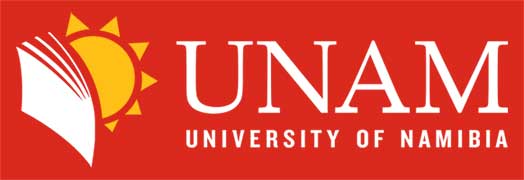In Project B3, we aim to investigate the co-evolution of gregarine protists (microscopic organisms living in the gut of insects), with their hosts (endemic darkling beetles) and the co-evolution of free-living protists with the geological evolution of the landscape.
| We were able to find protistan life even at very hostile places. Within groups of well described organisms, we were able to find and describe new families, genera and species especially adapted to hyperarid conditions. One of this species is extremely well adapted to the prevailing conditions Enibas tolerabilis which belongs to a completely new evolutionary lineage of choanoflagellates, the sister group of all metazoans. |
The Atacama Desert offers the unique opportunity to study the evolution and speciation of protists in the context of geological evolutionary processes. Protists are eukaryotic organisms (cells containing a nucleus) that are not animals or plants. In Project B3, we aim to investigate the co-evolution of gregarine protists, which are parasites with a size of up to about half a millimeter, with their hosts (endemic darkling beetles). Furthermore, we focus on the speciation of aquatic protists in salars with extreme chemical and physical properties, which demands a specific adaptation of protists. These investigations in close cooperation with geologists can serve as a model to study evolutionary processes and substitution rates [changes in the sequence of genes] in protists in general. A third research focus is the diversity of protists associated to endemic plants. As there are barely any fossil records of unicellular eukaryotes, Project B3 is intended to determine evolutionary processes in this hostile environment and to get an idea of the speed of evolutionary processes in unicellular eukaryotes of various phylogenetic lineages.
“Even in hostile places like the salars with a high content of salts and toxins like Arsenic, exposed to extremely high UV radiation, we were able to find protist life. And not only life, our first data indicate that Chile's Atacama Desert may act as a center of species radiation.“
– Prof. Dr. Hartmut Arndt
The high number of protist species, which we were able to isolate and cultivate up to now, allows a deeper insight into evolutionary processes driven by the harsh environment in the Atacama Desert. We were able to analyze species from several evolutionary lineages within the tree of life, gaining even a deeper insight into the origin of life and evolution at the dry limit. Our first results correspond well with geological datings and are the first step to add valuable data to substitution and mutation rates in protists. Having now these species in culture will allow us to perform experiments on their ecological functions and to their analysis on a molecular level to understand the underlying mechanisms.
Publication
Contact
Prof. Dr. Hartmut Arndt
Phone: +49 (0) 221 470-3100
E-Mail: This email address is being protected from spambots. You need JavaScript enabled to view it.
Dr. Frank Nitsche
Phone: +49 (0) 221 470-3100
E-Mail: This email address is being protected from spambots. You need JavaScript enabled to view it.
Bärbel Jendral
Phone: +49 (0) 221 470-3100
E-Mail: This email address is being protected from spambots. You need JavaScript enabled to view it.




